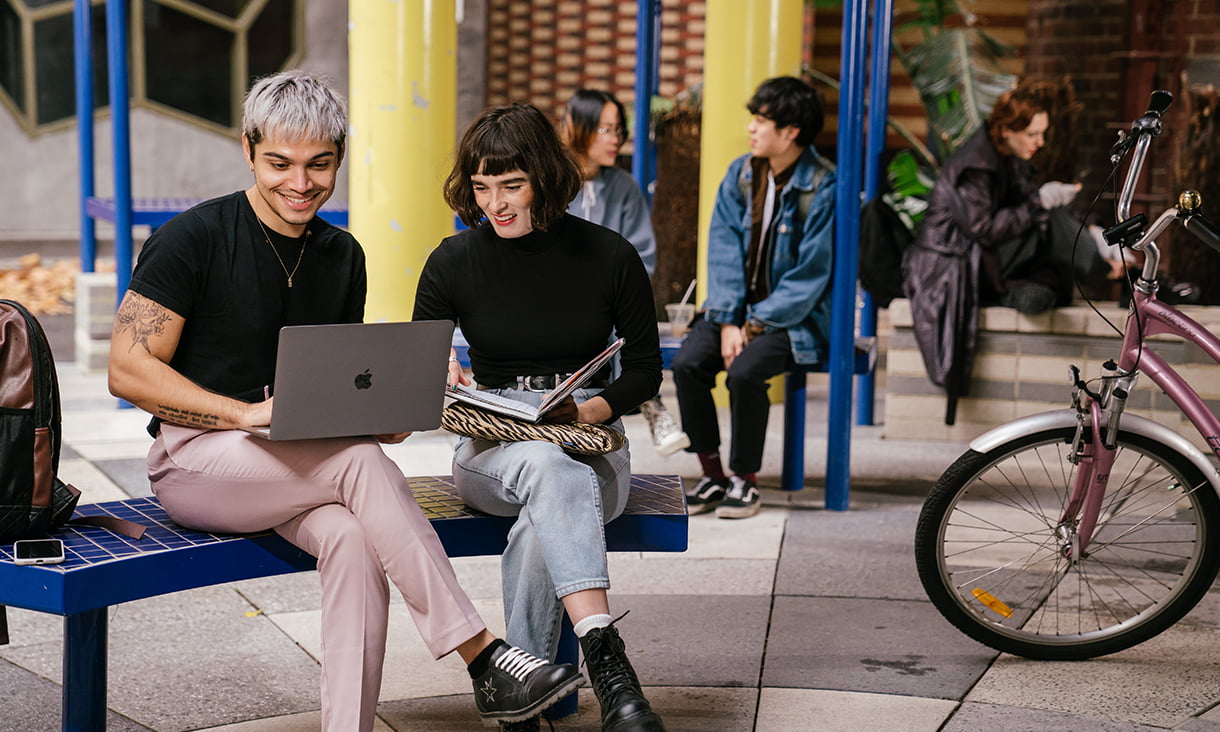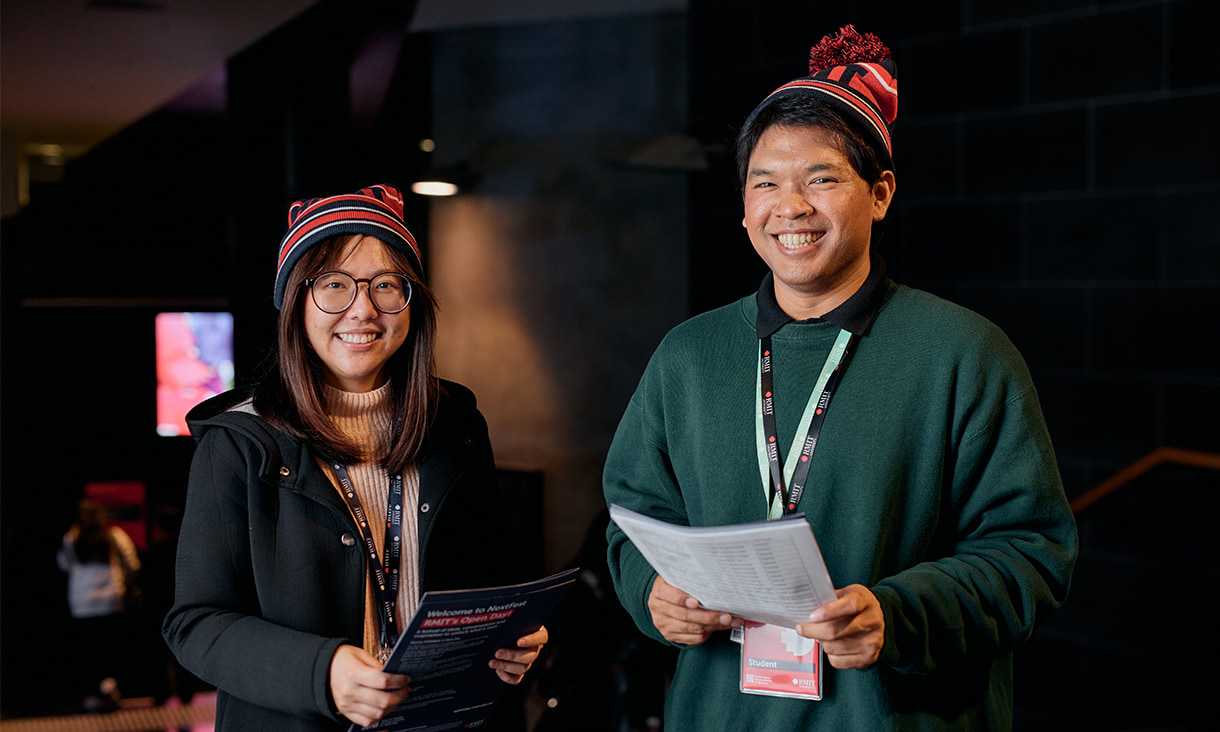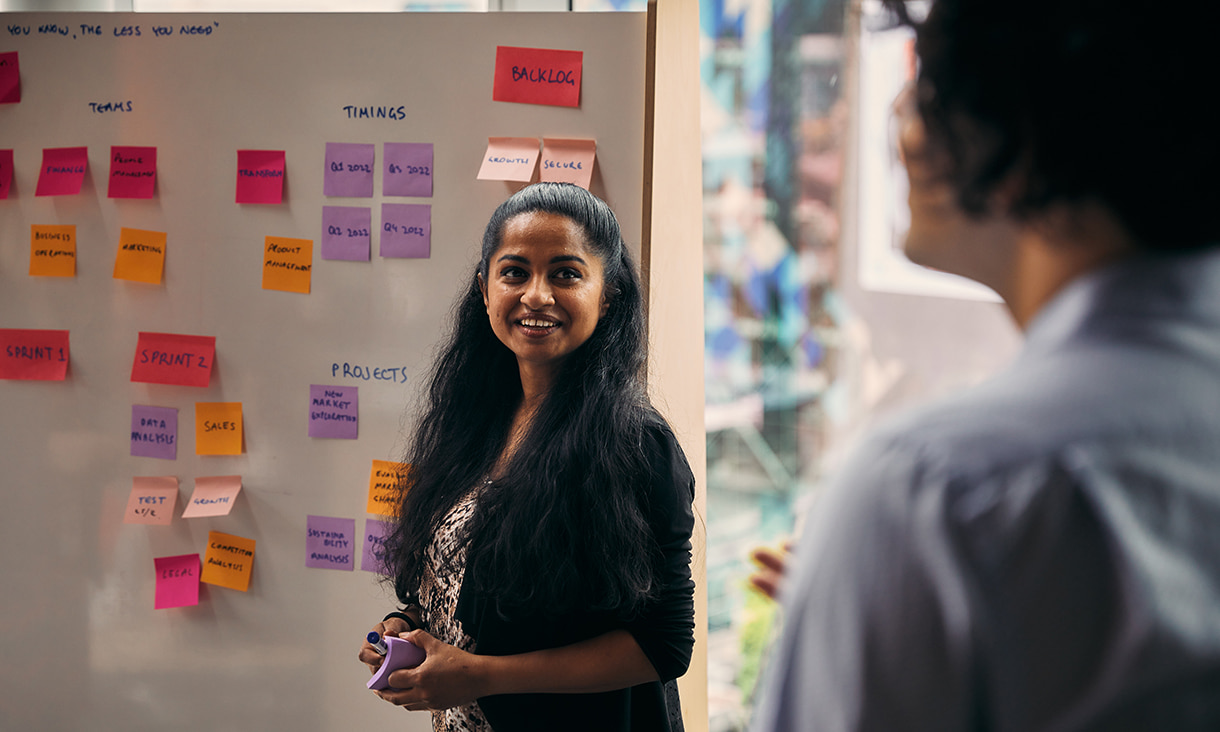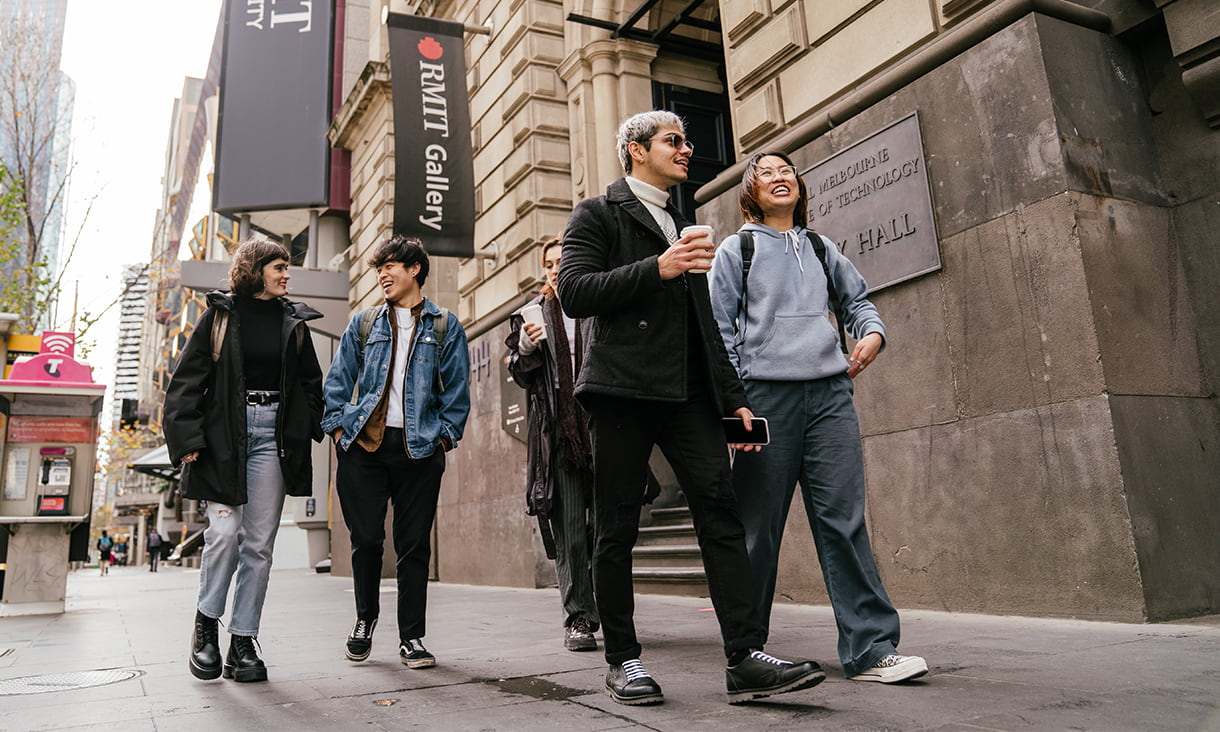Four tips from Vietnamese students on studying at RMIT Melbourne
From renting an apartment to finding a job, our Vietnamese students share four valuable tips on studying at RMIT in Melbourne.
Seven soft skills you need on your résumé
Including examples of soft skills in your résumé is one of the most effective ways to stand out to employers, but which skills are most in demand?
Six things students wish they knew before studying in Australia
From making friends to embracing practical learning styles in Australia, we asked four international students about what you should know before studying down under.







